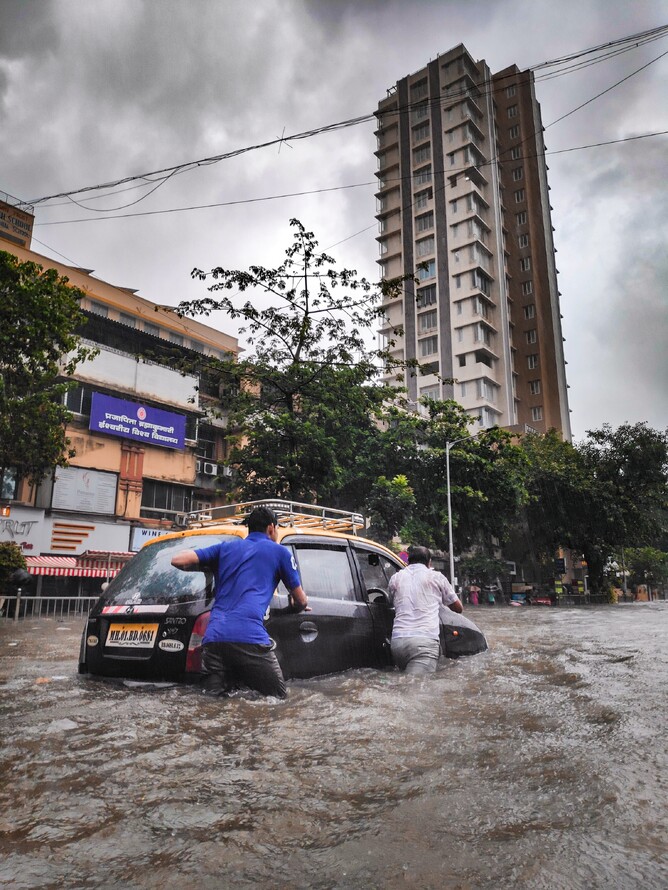The arguments against loss and damage compensation are running out of road
With thanks to the Financial Times Moral Money Newsletter (quotes in italics)
While I can't replicate this commentary in full, (which I wish I could), there were significant points made in this article that I felt were worth sharing. I have added my own commentary and words.
The latest climate change conference is being held in Egypt (the 27th conference) as I write this. The impact of climate change is starkly evidenced in developing countries, while the causes of climate change (carbon dioxide emissions) are coming from the developed countries.
The question of whether the rich countries should compensate the poorer companies is a vexed issue and the rich nations have resisted formal discussion of the issue for 26 previous COPs.
However, for the first time, a COP agenda was approved that included this controversial subject, which must now be discussed in Sharm el-Sheikh "Conversation is likely to focus on the creation of a dedicated loss and damage facility, and who should fund it, with how much money and by when. As UN secretary-general António Guterres put it earlier today: “Loss and damage can no longer be swept under the rug. It is a moral imperative.”
Tragic recent events may have played a role in driving this change of tack. In Pakistan, floods have killed more than 1,700 people and driven loss and damage of $30bn, according to the World Bank. Flooding in Nigeria has killed 600 people and displaced 1.3mn.
Pakistan and Nigeria have annual carbon emissions, respectively, of 0.9 and 0.6 tonnes per person. In the US, even after a marked decline so far this century, that number is 14.5 tonnes.
So disproportionate is the contribution to cumulative carbon emissions by the richest countries — and so disproportionate is the impact of climate change on poorer ones — that the sums involved threaten to be vast, and potentially limitless.
New Zealand's politicians refuse to make a substantial commitment for compensation, and one of our political neighbours, Vanuatu is pushing for the UN General Assembly to refer this matter to the International Court of Justice. Under Vurobaravu’s plan, the ICJ would be asked for an opinion on the rights and obligations of nations under international law in relation to damaging climate impacts.
However, in New Zealand, as reported by RNZ, $20 million has been ring-fenced from a more than billion dollar fund set aside last year for climate. New Zealand has now joined a small group of countries to put money aside for loss and damage. It's more symbolic than financially significant, and gives a nudge to other countries that it is time to reckon with the issue.
But, things could be coming to a head. In the tussle for geopolitical influence, China has been gradually increasing its assistance to climate-vulnerable nations; China’s head climate envoy Xie Zhenhua stressed yesterday he hoped COP27 would “meet the demands of developing countries as much as possible”.
An ICJ ruling in favour of developing nations on this issue would be non-binding, but it could be morally devastating to the arguments against loss and damage compensation, and open the door to a flood of further litigation. All the more reason for developed nations to treat this new agenda item at COP27 with the seriousness it deserves. (Simon Mundy)


